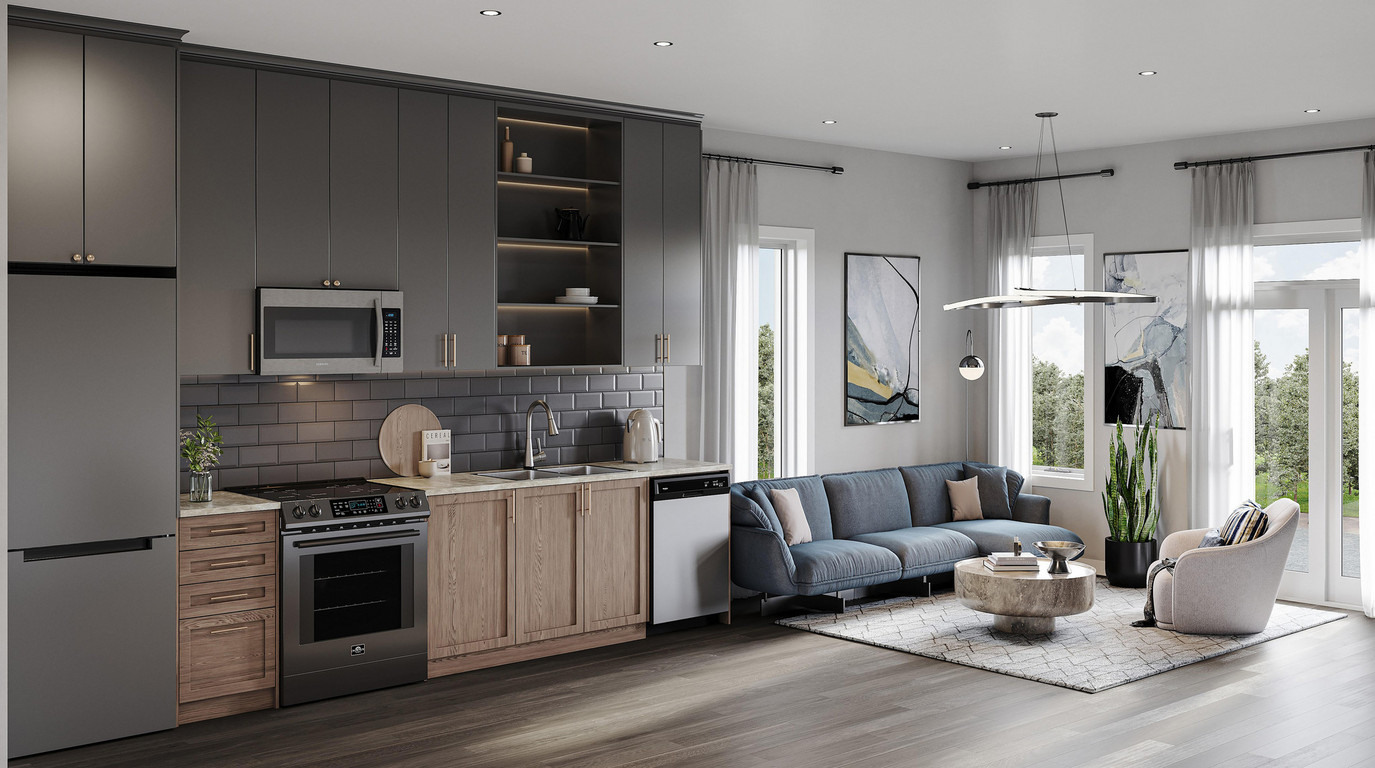
Brand New Townhomes for Rent in Barrhaven
November 26, 2025
This article highlights brand new townhomes for rent in Barrhaven, one of Ottawa’s fast...
With the cost of homeownership at an all-time high, families and young professionals are starting to give renting a second look. Find out why many people are choosing to rent rather than buy property in today’s market.
When you buy a home, a large portion of your liquid assets gets tied up into the property. This can prevent you from moving easily, especially if you have not lived in the house long enough to build up some equity. In fact, it can take a number of years for the housing prices to rise enough to cover the costs of buying it in the first place.
When you rent, there is no long-term commitment to stay in the property. Most agreements are for one year, so as soon as that year is up, you can move out. Even if you need to break your lease mid-contract, you can often sublet or pay a fee to get out. Plus, with renting, you are only required to pay a security deposit upfront. With little investment and no real commitment, you are free to move around as you like.
One of the biggest perks of renting is that you’re not responsible for fixing anything. The landlord is responsible for all the maintenance, improvements, and repairs. If the stove breaks or the roof starts leaking, you call the landlord and they’re on the hook to take care of it, no matter how much it costs.
Homeowners have to dish out more than just the mortgage, maintenance and repair fees every month. They’re also responsible for the property taxes and homeowner’s insurance - two fees that can be big expenses. These fees can also increase as the value of the home increases. If your salary isn’t rising at the same rate, you could find yourself in a cash crunch or worse – debt.
Fortunately, when you’re renting, you don’t have to worry about paying any of the fees out of pocket. And the ones you do have to pay – utilities, and tenants’ insurance – are far more affordable for renters than for homeowners.
If the market takes a sudden downswing and the value of the property decreases, you won’t have to worry about absorbing any of the losses. Your rental rate will stay the same until your renewal date. Even if the landlord decides to raise your rent each year, they are bound by the rent control guidelines as set out by the Ontario Ministry of Municipal Affairs and Housing. If the amount exceeds your budget, you can simply move to a new rental.
Many apartments offer luxury amenities that are included in the rent, such as swimming pools and fitness centers. Homeowners, on the other hand, would have to pay thousands of dollars for installation and maintenance of these types of amenities.
In Ontario, the rental rates for a one bedroom vary by only a few hundred dollars from city to city. If you can afford the maximum, you will have access to thousands of rental options at any given time. The same can’t be said for homeowners. They are restricted to the areas and properties in which they can afford. Most homes in the cities are far out of reach for first time home buyers, but not for renters.
If you can find a nice apartment for substantially less per month than you would be paying to own a home, you can save a lot of money and invest the difference. Many renters have been able to get ahead financially this way. Those savings are also liquid, allowing you to use them to save for retirement or to eventually buy a bigger, better home.
You don’t have to convince us that renting is better than buying. Rent in Ottawa has made it easy for renters to find exceptional living spaces at affordable prices. Contact us today!
November 26, 2025
This article highlights brand new townhomes for rent in Barrhaven, one of Ottawa’s fast...
November 18, 2025
Ottawa Landlord Checklist for 2025
October 02, 2025
September 03, 2025
August 01, 2025
June 18, 2025
